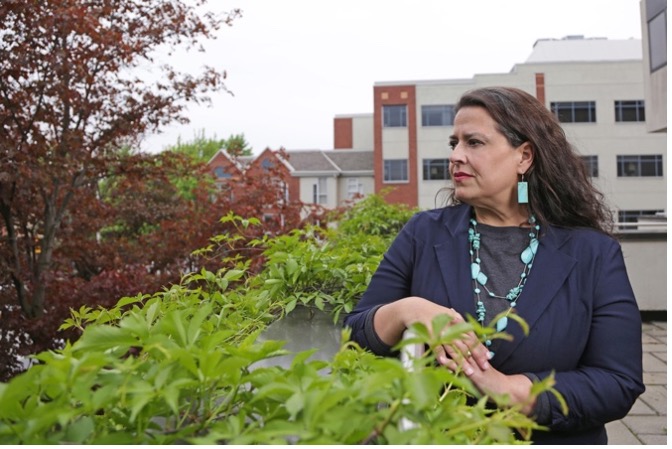
Professor Tracey Lindberg hails from the As’in’î’wa’chî Ni’yaw (Kelly Lake Cree Nation) and grew up in small cities and towns in Northern Alberta and Saskatchewan (including, Melfort, Nipawin and Prince Albert). She studied law at the University of Saskatchewan, Harvard Law School (LLM) and the University of Ottawa (PhD). Her academic work Critical Indigenous Legal Theory won the University of Ottawa’s Gold Medal and the ProQuest Distinguished Dissertation Award.
Tracey Lindberg’s work with Elder Maria Campbell and Priscilla Campeau “Indigenous Women and Sexual Assault in Canada” (in Elizabeth Sheehy ed. Ch. 5, Indigenous Women and Sexual Assault in Canada (Ottawa: U Ottawa, 2017) represents the legal thinking and pedagogy in which she is most interested and engaged and includes engagement with Cree laws, critical Indigenous legal theory and storytelling. Her best-selling novel Birdie is widely read and used to teach courses worldwide.
Professor Lindberg studies, reads and practices Niyaw/Cree law, and works in the areas of Indigenous law and literature, Indigenous legal theory, the rejuvenation and application of Indigenous laws and Indigenous women’s societies, laws and legal orders.
Her next work will be on bookshelves this fall. It is called: sâkihitowin: the Cree word for love and features 16 intertwined stories about the spectrum of love tied to 20 pieces of art by Cree painter George Littlechild.
Tracey currently teaches at the University of Victoria faculty of law.
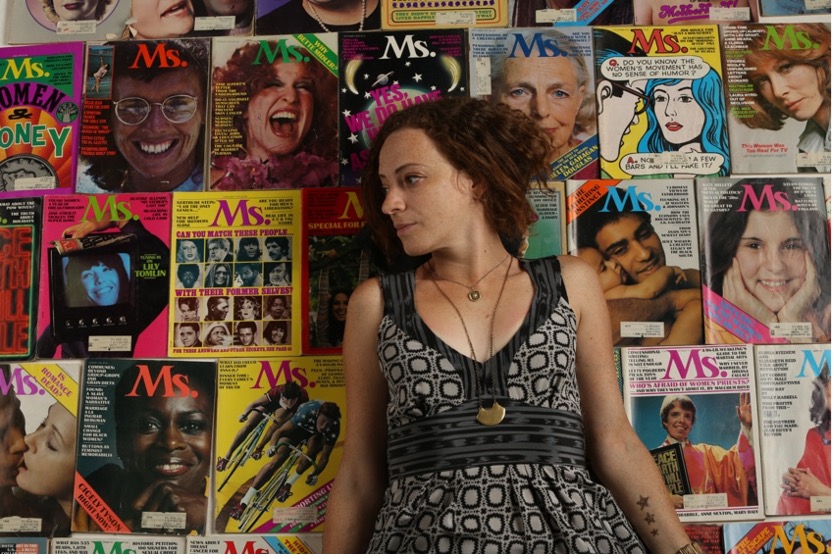
Irene Lusztig is a filmmaker, visual artist, archival researcher, and amateur seamstress. Her film and video work mines old images and technologies for new meanings in order to reframe, recuperate, and reanimate forgotten and neglected histories. Often beginning with rigorous research in archives, her work brings historical materials into conversation with the present day, inviting viewers to explore historical spaces as a way to contemplate larger questions of politics, ideology, and the production of personal, collective, and national memories. Much of Irene’s current work is centred on public feminism, language, and histories of women and women’s bodies, including her debut feature Reconstruction (2001) the feature length archival film essay The Motherhood Archives (2013) and the ongoing web-based Worry Box Project (2011).
Born in England to Romanian parents, Irene grew up in Boston and has lived in France, Italy, Romania, China, and Russia. Her work has been screened around the world, including at the Berlinale, MoMA, Museum of Fine Arts Boston, Anthology Film Archives, Pacific Film Archive, Flaherty NYC, IDFA Amsterdam, RIDM Montréal, Hot Docs, AFI Docs, and BFI London Film Festival and on television in the US, Europe, and Taiwan. She has received grants from the Massachusetts Foundation for the Humanities, Massachusetts Cultural Council, LEF Foundation, New York State Council for the Arts, and Sustainable Arts Foundation and has been awarded fellowships at the MacDowell Colony, the Flaherty Film Seminar, the Radcliffe Institute for Advanced Study, and Harvard’s Film Study Center. She is the 2016-17 recipient of a Rydell Visual Arts Fellowship and a Fulbright Fellowship in Portugal. She teaches filmmaking at UC Santa Cruz where she is Associate Professor of Film and Digital Media; she lives in the Santa Cruz Mountains.
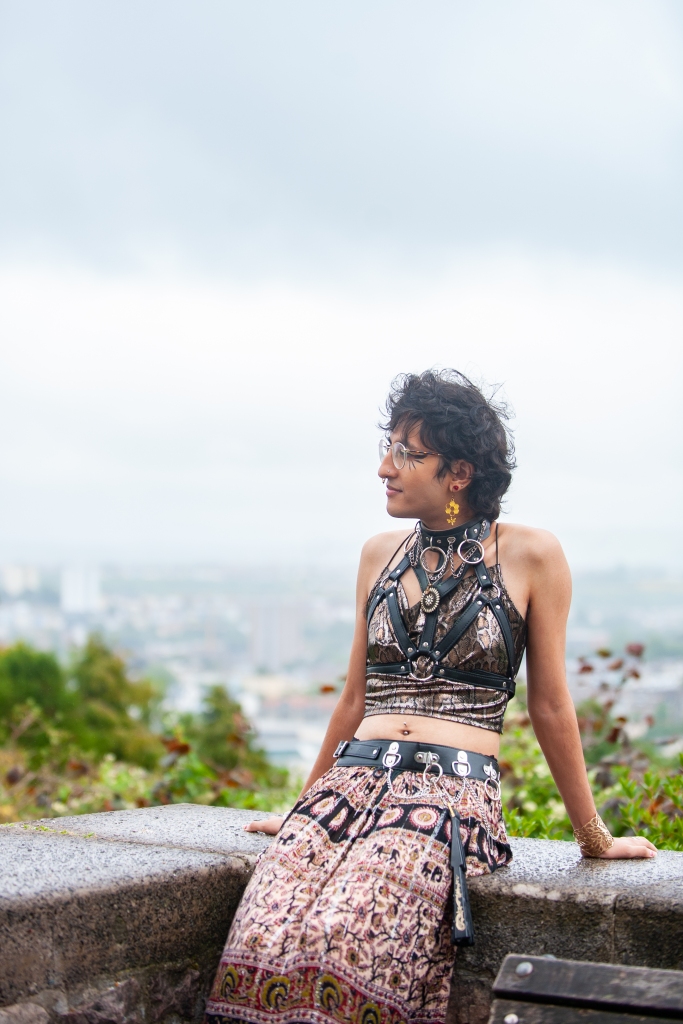
Jasmine Isa Qureshi (they/she) is a writer and a storyteller. She is also a wildlife television/media researcher, previously working at Wild Space Productions on a series for Netflix, BBC Natural History Unit/BBC Earth, and Sound Off Films, a freelance wildlife filmmaker, an ambassador for the Bumblebee Conservation Trust, an engagement officer for the youth led nature organisation A Focus On Nature, an activist, and a marine biologist. She is passionate about wildlife, conservation and the environment, and can usually be found on the coast, combing for marine life, and exploring the ruins and new builds of our urban jungles, and speaking and writing far too much about insects and arthropods. As a speaker and journalist, she has found a place for herself to share her passion for topics such as diversity in workplaces and in all the subjects she is involved with, politics and how it affects science and nature but also the social sciences, sexuality, identity and gender, particularly trans rights and the understanding of these; and has been able to contribute to events around the country such as Norwich Science Festival, Cheltenham Science Festival, etc. As a presenter, she has been involved with CBeebies, Edinburgh Science Festival, and VOX Media. W: https://dawoodswildheart.com.
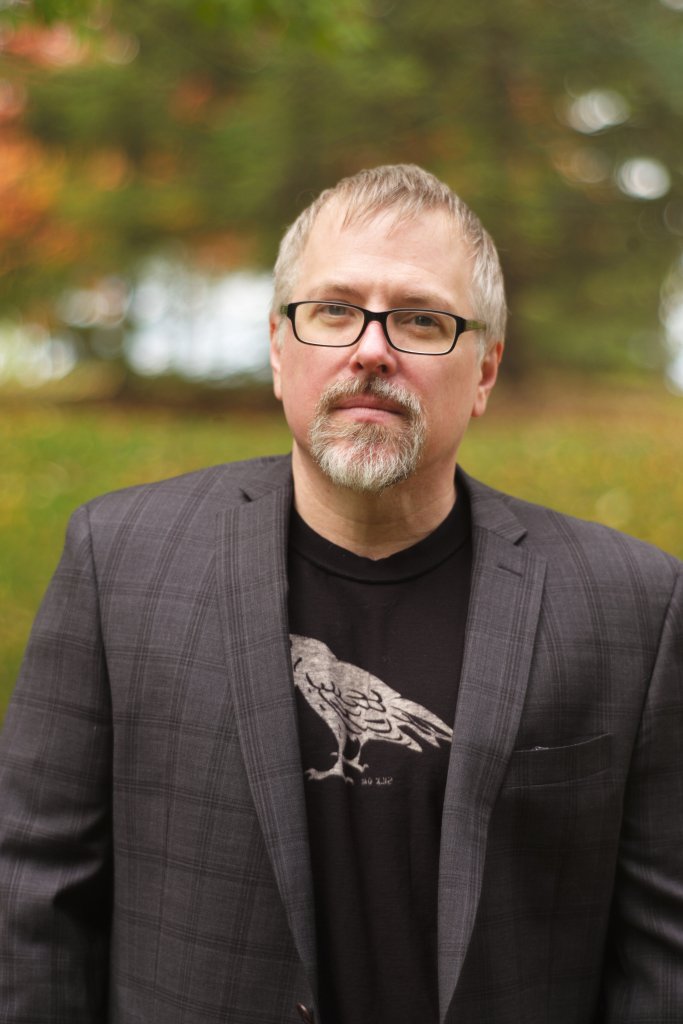
Jeff VanderMeer has been profiled by the New York Times, Audubon Magazine, and the Guardian, in large part for his environmentalism and his exploration of the nonhuman world in his fiction. His NYT-bestselling Southern Reach trilogy has been translated into over 35 languages. The first novel, Annihilation, won the Nebula Award and Shirley Jackson Award, and was made into a film by Paramount in 2018. Other works include Dead Astronauts, Borne (a finalist for the Arthur C. Clarke Award), and The Strange Bird. These novels, set in the Borne universe, are being developed for TV by AMC. His most recent novel, Hummingbird Salamander (MCD/FSG), a finalist for the Shirley Jackson Award, interrogates the foundations of our modern world in an environmental context. Called “the weird Thoreau” by The New Yorker, VanderMeer frequently speaks about issues related to climate change and storytelling. His nonfiction about wildlife and nature has appeared in Orion Magazine, Esquire, and the Los Angeles Times, amongst others. In January of 2023, VanderMeer founded the Sunshine State Biodiversity Group, a non-profit devoted to rewilding, biodiversity education, and environmental journalism. He lives in Tallahassee, Florida, with his wife Ann, cat Neo, and a yard full of native plants. W: http://jeffvandermeer.com.
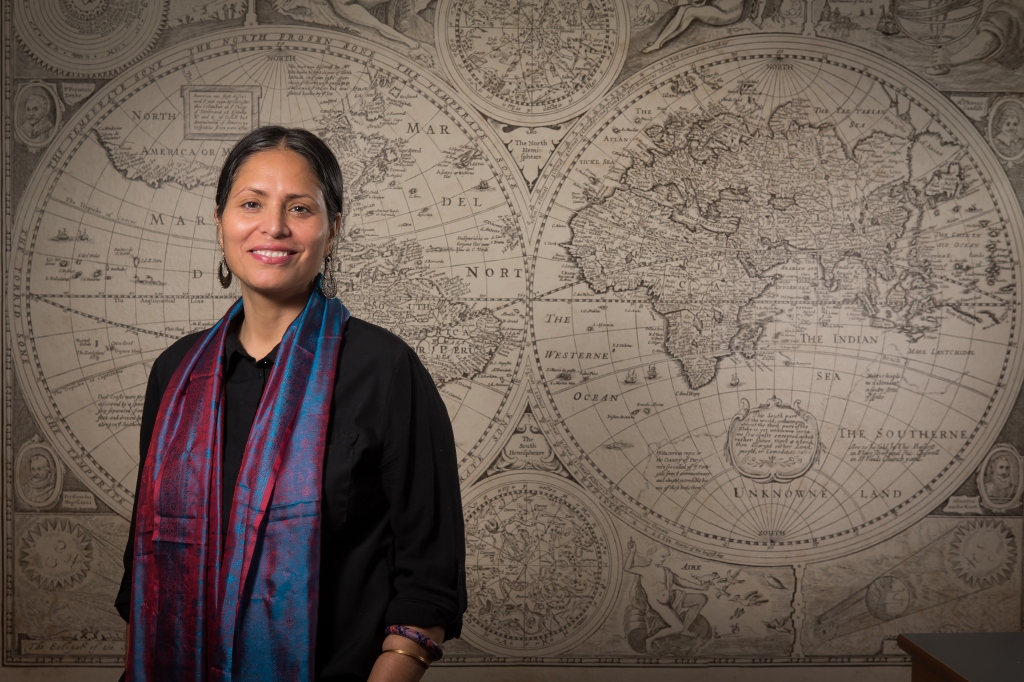
Ather Zia, Ph.D., is a political anthropologist, poet, short fiction writer, and columnist. She is an Associate Professor in the Department of Anthropology and Gender Studies program at the University of Northern Colorado Greeley. Ather is the author of Resisting Disappearances: Military Occupation and Women’s Activism in Kashmir (June 2019) which won the 2020 Gloria Anzaldua Honorable Mention award, 2021 Public Anthropologist Award, and Advocate of the Year Award 2021. She has been featured in the Femilist 2021, a list of 100 women from the Global South working on critical issues. She is the co-editor of Can You Hear Kashmiri Women Speak (Women Unlimited 2020), Resisting Occupation in Kashmir (Upenn 2018) and A Desolation called Peace (Harper Collins, May 2019). She has published a poetry collection “The Frame” and another collection is forthcoming. Ather’s ethnographic poetry on Kashmir has won an award from the Society for Humanistic Anthropology. She is the founder-editor of Kashmir Lit and is the co-founder of Critical Kashmir Studies Collective, an interdisciplinary network of scholars working on the Kashmir region. Ather is also a co-editor of Cultural Anthropology.